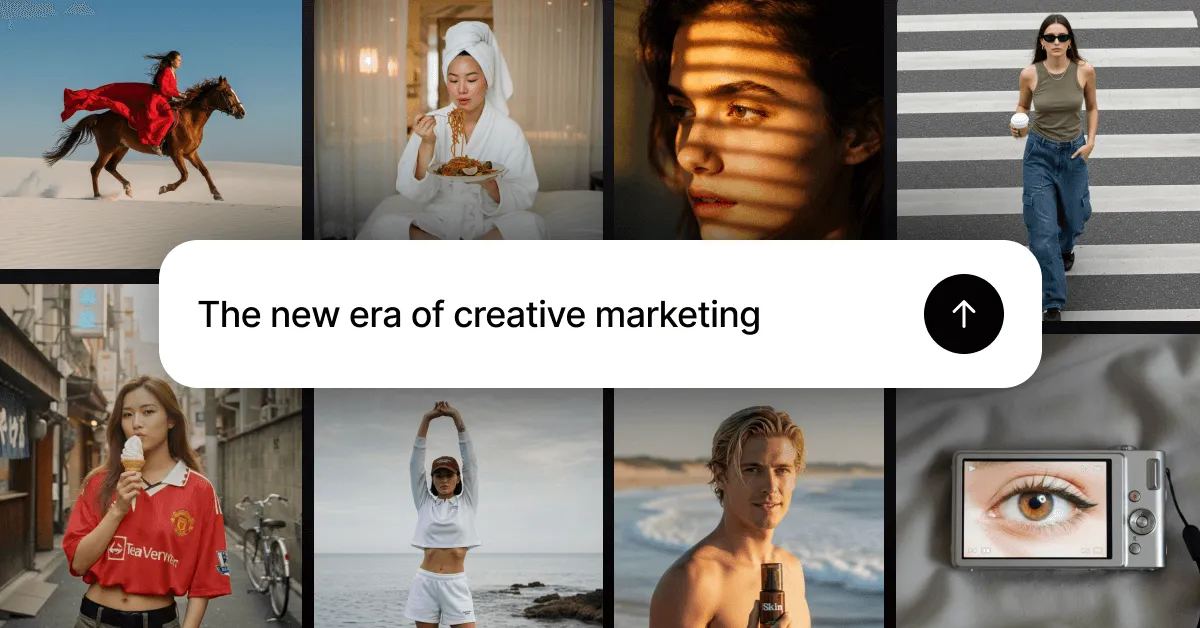🎃 Happy Halloween. It’s Friday, October 31st.
On this day in tech history: In 1984, the reasoning paradigm of abductive inference (in contrast to deduction or induction) was formally re‑examined in AI literature (e.g., diagnostic systems supporting multiple faults). It’s a deep‑cut milestone that foreshadows current hybrid reasoning/ML approaches, yet is rarely celebrated in mainstream tech‑history.
In today’s email:
OpenAI rolls out Sora monetization
Google scales AI across math, development, and XR
5 New AI Tools
Latest AI Research Papers
You read. We listen. Let us know what you think by replying to this email.
Introducing the first AI-native CRM
Connect your email, and you’ll instantly get a CRM with enriched customer insights and a platform that grows with your business.
With AI at the core, Attio lets you:
Prospect and route leads with research agents
Get real-time insights during customer calls
Build powerful automations for your complex workflows
Join industry leaders like Granola, Taskrabbit, Flatfile and more.

Today’s trending AI news stories
OpenAI rolls out gpt-oss safeguard, Aardvark, Sora monetization, and OWL architecture
Safety got a rethink with OpenAI’s gpt oss safeguard 120B and 20B. Unlike traditional classifiers trained on static datasets, these open-weight models ingest developer policy text alongside user input at inference and reason through multi-policy compliance in real time. Chain-of-thought (CoT) explanations make decisions auditable and tweakable on the fly.

Image: OpenAI
Benchmarks show higher multi-policy accuracy than prior gpt-oss and GPT-5 models, though the internal Safety Reasoner remains slightly ahead. Both models are on Hugging Face, with a hackathon scheduled for December 8.

Image: OpenAI
Security gets an upgrade with Aardvark, a GPT-5-powered agentic researcher. It autonomously scans repositories, builds threat models, evaluates exploitability, and generates Codex-assisted patches for human review. Unlike static analysis or fuzzing, Aardvark reasons about code like a human researcher, catching complex bugs, logic flaws, and privacy issues. Benchmarking shows 92% detection of known and synthetic vulnerabilities, with multiple CVEs issued in open-source projects.
Content creation in Sora now supports character cameos, multi-clip video stitching, and paid generation credits. Users can insert reusable characters, monetize IP, and stitch longer narratives. Free generation limits are 30/day, with 1,000-credit packs available for $40. This builds a scalable creator economy while managing GPU demand. Infrastructure expands with a 1GW Stargate campus in Michigan, part of a 4.5GW partnership with Oracle.
Finally, ChatGPT Atlas, powered by OWL (OpenAI Web Layer) architecture, decouples Chromium from the app, enabling instant startup, hundreds of tabs without slowdowns, isolated AI sessions, and rapid iteration via IPC-based integration and SwiftUI/AppKit workflows. Read more.
Google scales AI across math, development, and XR
DeepMind has launched the AI for Math Initiative, targeting real theorem-level problem solving. Partnering with top institutions including Imperial College, IAS, IHES, Simons Institute, and TIFR, the project combines Gemini Deep Think for multi-step reasoning, AlphaEvolve for algorithm search, and AlphaProof for formal proof completion. Gemini scored gold at the IMO (35/42), while AlphaEvolve set a new record for 4x4 matrix multiplication and improved solutions in 20 percent of more than 50 open problems.
Developers gain new capabilities with AI Studio’s prompt-to-app generator, enabling rapid creation of multimodal apps powered by Gemini, Nano Banana image generation, and voice output. Android Studio now integrates Gemini-powered Agent Mode, allowing natural-language task description, automatic API updates, and on-device execution via Gemini Nano using the Prompt API. Kakao has used this to automate parcel processing, cutting order completion time by 24 percent and boosting new-user conversion 45 percent.
Creative workflows are expanding with Mixboard, now in 180+ countries with a quadrupled canvas, supporting multi-layered AI-assisted concept boards that combine user imagery, text, and Nano Banana-generated visuals.
NotebookLM has upgraded to a 1M-token context window, sixfold longer conversation memory, persistent secure histories, and configurable chat goals. Its enhanced retrieval and ranking system synthesizes multiple sources to produce nuanced insights for literature review, strategy planning, or interactive storytelling, improving response quality by 50 percent. Read more.


5 new AI-powered tools from around the web

arXiv is a free online library where researchers share pre-publication papers.

Thank you for reading today’s edition.

Your feedback is valuable. Respond to this email and tell us how you think we could add more value to this newsletter.
Interested in reaching smart readers like you? To become an AI Breakfast sponsor, reply to this email or DM us on 𝕏!








